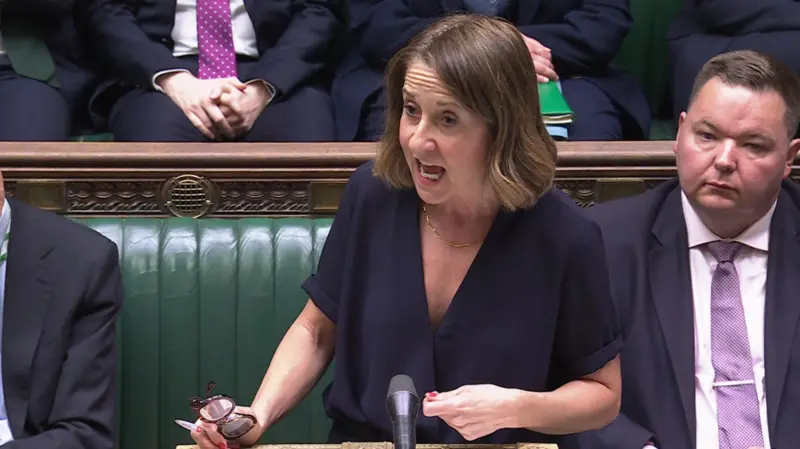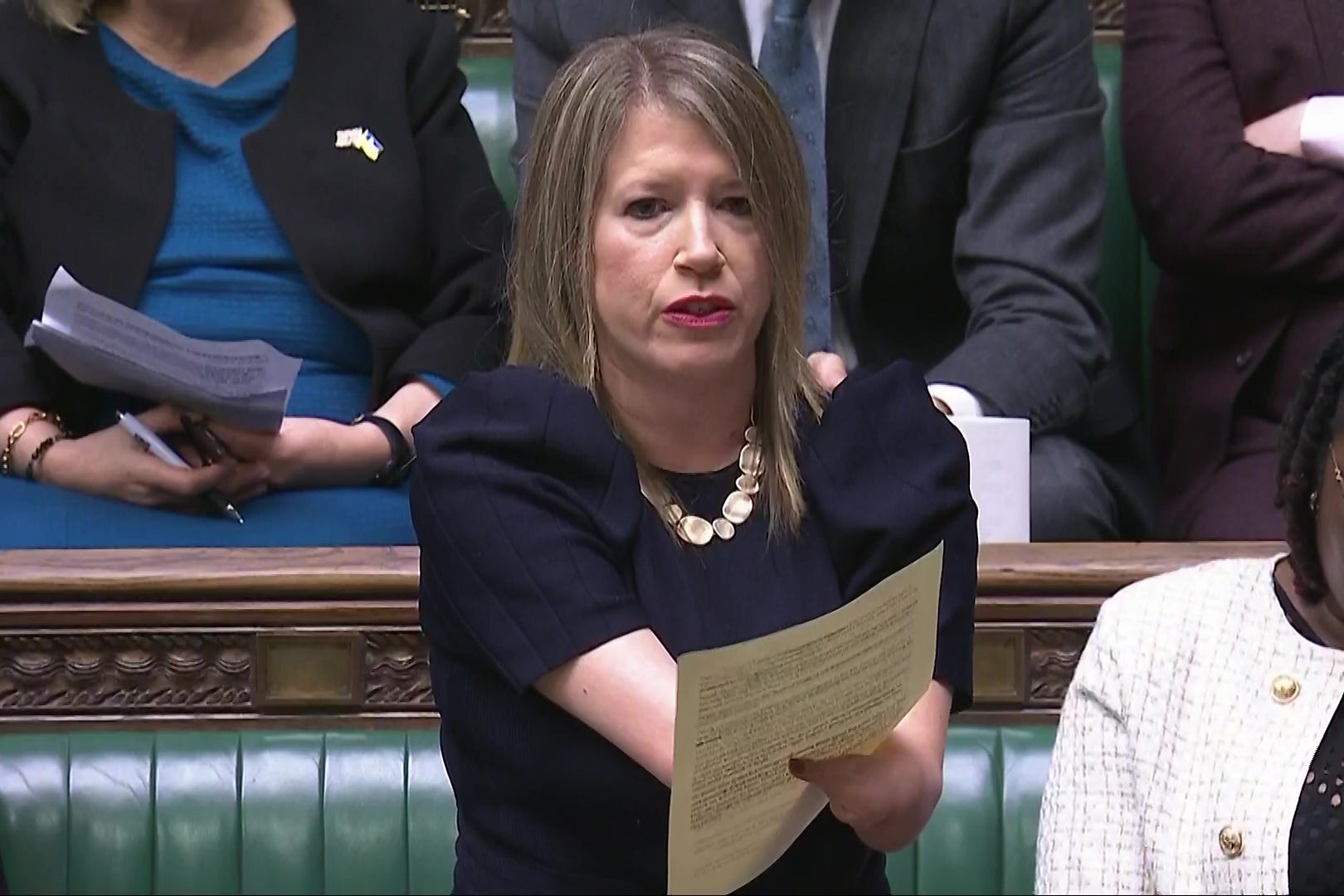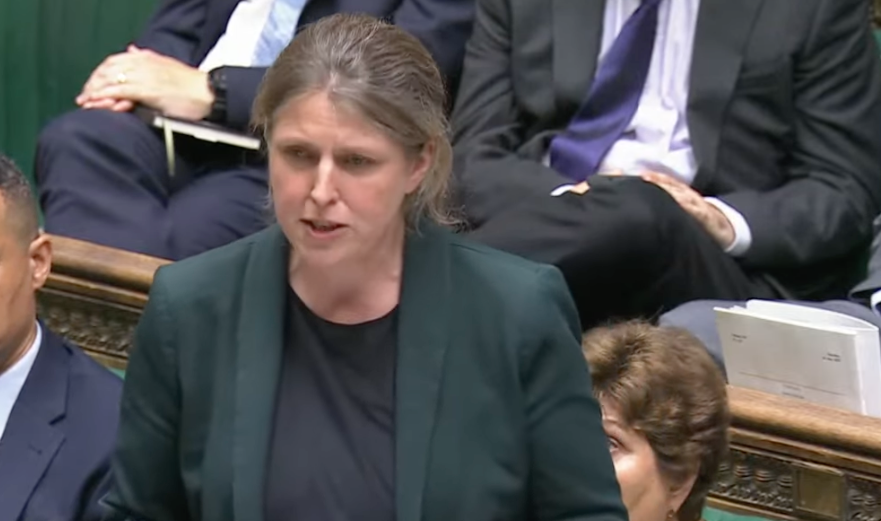Sir Keir Starmer has suffered the biggest blow to his leadership since coming into power a year ago after he was forced to abandon a key plank of his controversial benefit cuts in order to get them through parliament.
While his welfare reform bill passed its second reading by 335 votes to 260 – a majority of 75 – the prime minister still suffered the largest rebellion of his premiership so far, with 49 Labour MPs voting to reject the legislation.
It came after a last-ditch announcement that plans to restrict eligibility for personal independence payments (Pip) – which had been the central pillar of the government’s reforms – were being dropped.

The chaotic move came just 90 minutes before MPs were due to vote for on the Universal Credit and Personal Independence Payment Bill for the first time, when disability minister Sir Stephen Timms announced that changes to Pip originally planned for November 2026 will not take place until after his review of the benefit has concluded.
Sir Keir had already been forced into a U-turn last week when more than 130 Labour MPs signed an amendment that would have effectively killed the bill off. Among the concessions announced then was a plan to impose tougher eligibility rules only on future Pip claimants, leaving existing recipients unaffected. Critics said this would create to a two tier system, while the government’s own impact assessment said the change would push 150,000 people into poverty.
The latest climbdown will cause a major headache for chancellor Rachel Reeves; the welfare squeeze was intended to save £4.8 billion a year, already watered down to £2.3 billion last week. Postponing any changes to Pip means it is now uncertain how much the reforms will save.
Last night the the Institute for Fiscal Studies (IFS) warned that the reforms package could even end up costing the taxpayer £100m by in 2029/30 if proposals to tighten eligibility for Pip are scrapped following the Timms review.

The vote followed a tense debate in which numerous Labour MPs criticised the plans and many more demanded they be postponed.
Paula Barker, Labour MP for Liverpool Wavertree, said: “Whilst grateful for the concessions, this has further laid bare the incoherent and shambolic nature of this process. It is the most unedifying spectacle that I have ever seen.”
Meanwhile, Ian Lavery said the bill “isn’t fit for purpose”.
“I’ve never once seen a massive commitment given in a Bill like the minister gave in an intervention to a contribution. This is crazy, man. This is outrageous, man. This bill isn’t fit for purpose”, he said.
Opening the debate, work and pensions secretary Liz Kendall said: “I do not believe that this is sustainable if we want a welfare state that protects people who most need our help for generations to come.”

She added: “There is no responsibility in leaving our system of social security to continue as it is, and risk support for it becoming so frayed that it is no longer there to provide a safety net for those who can never work, and who most need our help and support.”
But she was met with immediate opposition from an amendment laid by Labour backbencher Rachael Maskell which would have killed the bill.
She described society as “dystopian”, adding that the government should introduce a wealth tax rather than cutting benefits.
Ms Maskell’s wrecking amendment was ultimately voted down – but was backed by 42 Labour MPs, highlighting the scale of consternation within Sir Keir’s party.
Emma Lewell, one of 36 signatories of Ms Maskell’s reasoned amendment, told the Commons: “I am sad that we have ended up here because no matter what, regardless of concessions, a vote for this Bill today is a vote to plunge 150,000 people into poverty and to tighten eligibility criteria for those who need support the most.”
She added: “We are once again making disabled people pay the price for the economic mess that the party opposite left us. As it stands, we are being asked to vote blind today.”
Among many Labour MPs who stood up to criticise the plans was a highly emotional contribution by Dr Marie Tidball, a disabled MP.
Holding back tears, she said: “[During the Tory austerity years] I vowed then that I would do all I could to create a country which treats disabled people with dignity and respect.

“With a heavy, broken heart that I will be voting against the bill today. As a matter of conscience I need my constituents to know I cannot support the changes as currently drafted on the front of the bill.”
The vote means that the legislation now goes to the next stages in parliament but leaves the possibility of another major rebellion for its third and final reading after the summer.
The government announced the plans earlier this year but disability groups have criticised it for failing to consult, especially over plans to make it more difficult to receive personal independence payments (Pips).
Tory leader Kemi Badenoch sought to capitalise on Sir Keir’s discomfort, accusing ministers of “utter capitulation” and saying the legislation was now “pointless”.
“They should bin it, do their homework, and come back with something serious. Starmer cannot govern”, she said.




